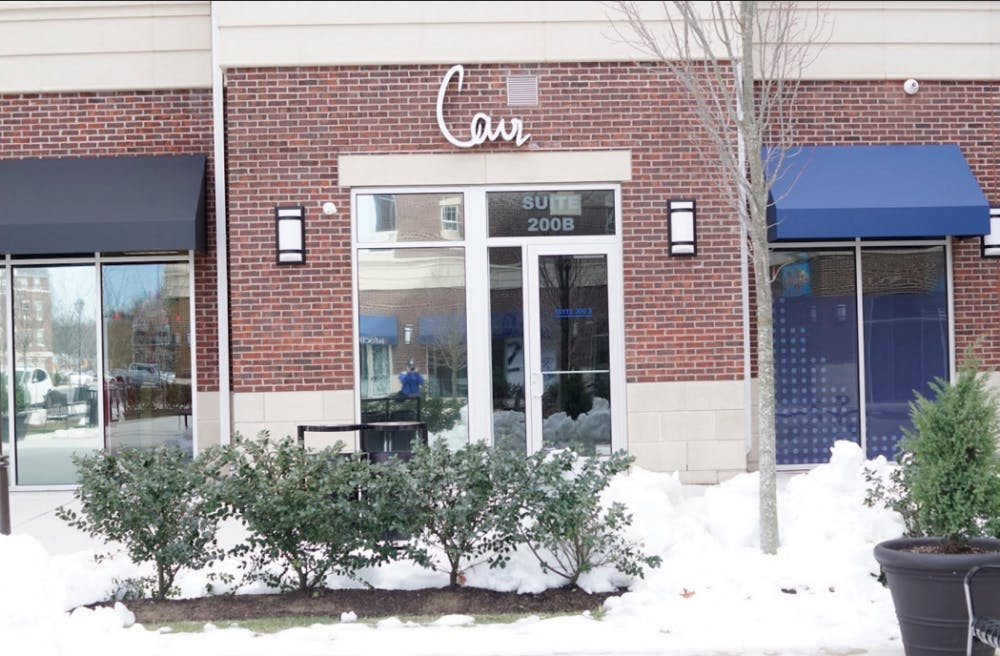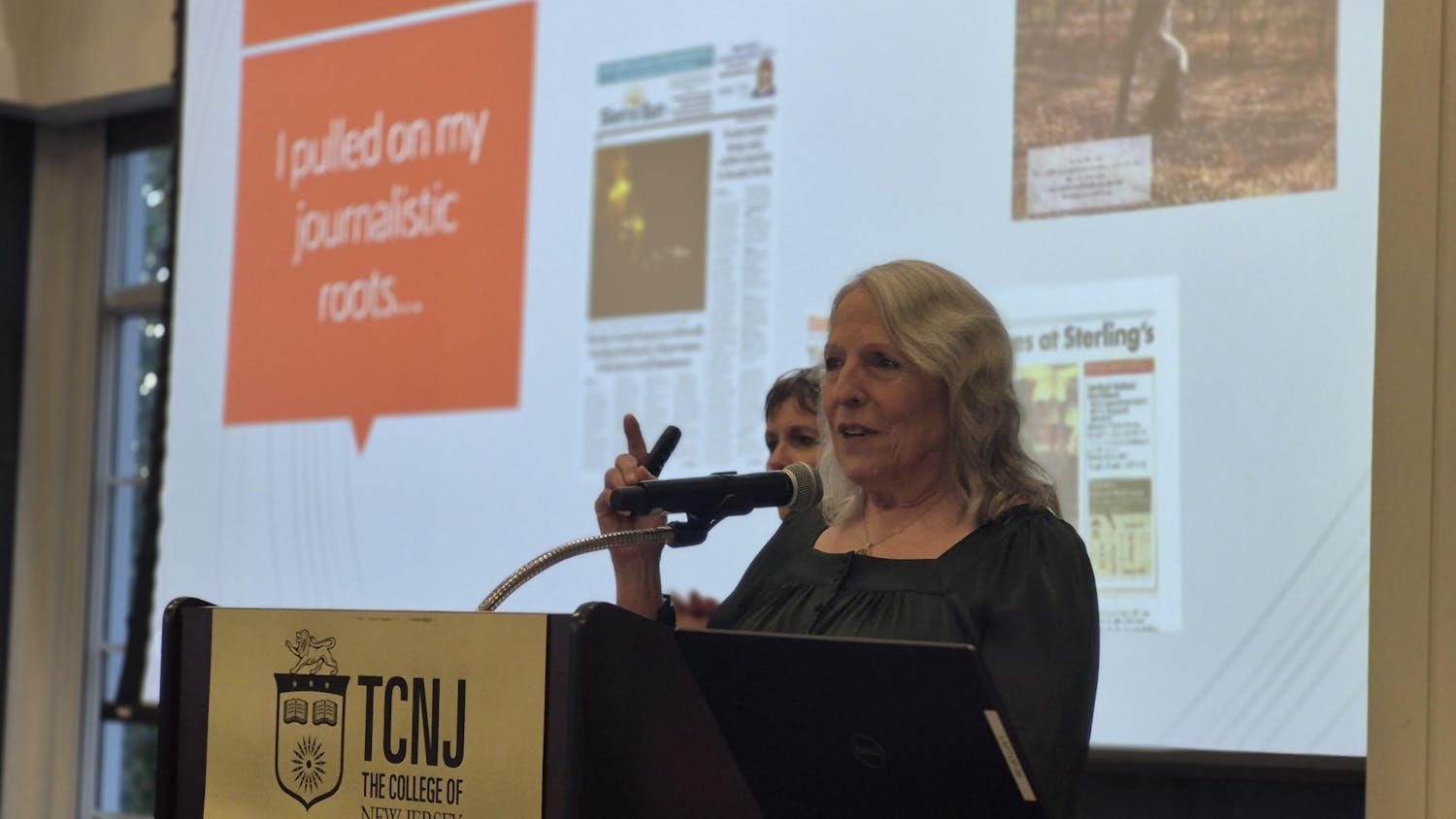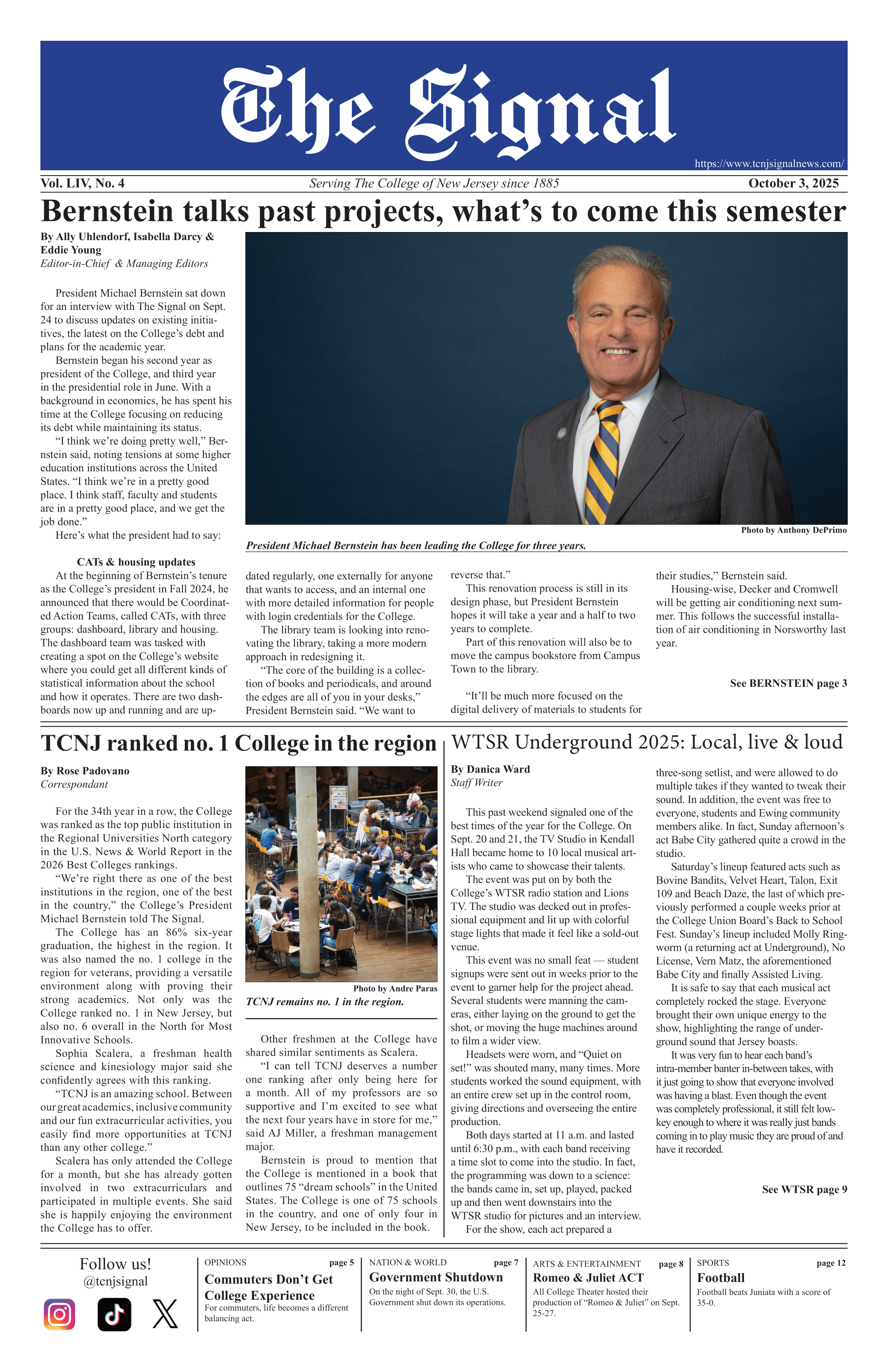By Michelle Lampariello
Managing Editor
Nearly one year after Campus Town’s InFocus Urgent Care announced its decision to offer counseling services, and just over six months after the practice celebrated its grand opening, only one thing is missing from the bustling health care center students are thankful to have as a medical resource — the long-awaited, much-debated mental health care component.
At the close of the fall 2016 semester, the College announced its decision to close the TCNJ Clinic, creating a need for an affordable, long-term mental health care option on campus, especially for students who may have difficulty finding transportation to an off-campus practice.
InFocus recognized this need, and after having multiple discussions with the College, agreed to establish a counseling center in Campus Town in a separate building from the main Urgent Care.
This counseling center, named Cavi, intends to provide services that cannot be offered by the College’s Counseling and Psychological Services, which focuses on short-term care — counseling that generally lasts a semester or less. While CAPS remains the primary mental health care option for students, it does not provide long-term counseling, which is sought by many students.
Angry about social justice issues, including the College’s decision to close the Clinic, members of the TCNJ Committee on Unity staged a sit-in in Green Hall in April 2017. Some TCU members felt that closing the Clinic — an affordable counseling option for community members — reflected a toxic relationship between the College and the neighboring city of Trenton, New Jersey.
The protesters were not in favor of opening a practice in Campus Town to address the need for long-term counseling, as they recognized that this counseling center would be more expensive, and perhaps be more complicated for patients who have issues with obtaining health insurance coverage.
With tensions high, the decision to close the TCNJ Clinic was suspended on May 10, after College President R. Barbara Gitenstein announced that a thorough review of the Clinic would be conducted to assess its efficacy as a resource not only for patients, but for graduate interns who used the Clinic as a means of gaining real-world experience.
While on-campus mental health resources were evaluated and shifted during the spring and fall 2017 semesters, there was no indication that Cavi was affected by any changes made to the Clinic.
No announcement was made to the campus community with an update on the counseling center’s status, despite InFocus’ publicized grand opening celebration in September.
As other Campus Town eateries, stores and salons open their doors to new customers, Cavi’s doors remain closed, and the practice is yet to have its first patient.
“There was a conversation between the doctor of the Urgent Care and the College to see if they could bring counseling there,” said Greg Lentine, a director of university campus development for the Campus Town developer, PRC. “Now I know Cavi went and they were hiring licensed therapists — they had some good people that they were bringing in. I don’t know whatever happened between the conversations with the College and with the practice.”
Lentine has not received any updates on Cavi’s status, but he is not concerned about when the practice will open.
“They’re paying rent, so it’s not a (big) deal. We would go in and I’d talk to the Urgent Care doctor all the time, I just never asked her ‘hey you know when are you opening that up,’” Lentine said.
After several attempts to contact her, Dr. Seeta Arjun, the head doctor and owner of InFocus Urgent Care, could not be reached for comment.
While Arjun had multiple discussions with the College about opening a counseling center in Campus Town, Mark Forest, director of CAPS, explained that nothing agreed upon at these spring 2017 discussions was “written in steel.”

“Nothing was sort of promised per se — they kind of quickly asserted that in addition to the medical component of Urgent Care, they recognized they might be able to offer some counseling services as well, and in consultation with us they probably got more information that a significant number of students that come to CAPS are really looking for more long-term counseling and that we have struggled on-and-off for several years with trying to connect people with community providers for a variety of different reasons,” Forest said.
Forest explained that some students struggle to obtain care from community providers due to transportation issues. This problem is particularly common for first-year students, who are not allowed to keep a car on campus. While a first-year student who needs to leave campus on a regular basis for medical or mental health appointments can get special permission to bring their car to the College, Forest feels that transportation remains a barrier for several students seeking long-term care.
“TCNJ is sort of plopped in the middle of a suburb, which is quite different than a college that’s sort of in a small city or near a city where there might be more resources available,” Forest said. “There are limited numbers of community providers very local to the College, and then simply some students just don’t have transportation.”
As of last spring, InFocus and the College came to the mutual understanding that opening a counseling center would be a “win-win” situation, according to Forest. The College needed a facility on or close to campus for students who need long-term assistance, and InFocus would be able to provide that care. However, Forest has not received any substantial update on Cavi’s progress.
“We’re always looking for convenient, longer term kind of referral options for our students. We’re still hoping that will happen at some point — we just don’t have a clear timeframe,” Forest said.
Students also value an emphasis on long-term care that CAPS does not provide. While students are generally satisfied with CAPS’ services, some are concerned about what happens to students who need treatment for more than one semester.
“On campus counseling with a longer treatment plan and more counselors seems to be the best solution,” said Matthew Bird, a junior psychology and communication studies double major.
Though many campus community members eagerly anticipate Cavi’s opening, students still have access to long-term mental health care resources that are in close proximity to campus that are independent from Cavi.
The Clinic is currently back up and running in its old space in Forcina Hall, but these services will soon be relocated to a facility on or close to campus following the College’s Oct. 31 decision to provide services previously offered at the TCNJ Clinic at a newly established Center for Integrated Wellness.
The new center for health and wellness will be a long-term mental health care resource, but will also include wellness components such as yoga sessions or resources for students with learning disabilities.
Carole Kenner, dean of the School of Nursing, and Suzanne McCotter, dean of the School of Education, are co-chairs of a task force that is responsible for incorporating the Clinic’s offerings into the new center, and plan to continue student employment opportunities similar to what was offered at the Clinic.
While the TCNJ Clinic gave graduate students studying counseling a chance to gain experience, McCotter and Kenner hope to provide employment opportunities for public health and nursing students as well at the new center.
On Feb. 7, Forest informed the Student Government that the College’s Office of Health and Wellness had enhanced its capability to refer students to appropriate places for long-term treatment.
Mental health services are a priority for the College, especially with high rates of depression and anxiety on campus. The College’s depression rate currently matches the national average at 32.8 percent. However, the chronic anxiety rate at the College is 56.4 percent, with the national average being more than two percent lower. Forest explained that depression used to be the top mental health problem on campuses, but currently, anxiety is the most widespread issue for students across the U.S.
CAPS’ short-term model, which uses a skill-based program focused on mood management and interpersonal relationships, is similar to the mental health care model used in other colleges and universities throughout the country, as most schools also provide short-term care services.
What sets the College apart from other institutions of higher education is its use of a collaborative model, according to Forest. The College’s Community Counseling Collaborative, located on the fourth floor of Forcina Hall, has external clinicians who see students individually. Each clinician comes in for a few days each week, giving students a chance to speak with a professional on a long-term basis without having to leave campus.
Clinicians involved with the CCC have to be licensed and have prior experience working with college students. They also must have a relationship with insurance companies or charge patients on a reasonable sliding scale.
Initially, students were referred to receive long-term care at the CCC through CAPS, but as more clinicians become involved, their contact information will become available online so that students do not need to go through CAPS to schedule an appointment with a CCC clinician.
Forest hopes that the CCC’s on-campus location will eliminate the transportation barrier some students face, and that the CCC’s night and weekend hours will make the program a convenient option for long-term care.
While Cavi’s status remains a mystery, students have multiple options for both long and short-term care through CAPS and the CCC, as well as the Center for Integrated Wellness, which is set to open in the near future in a facility on or close to campus.







